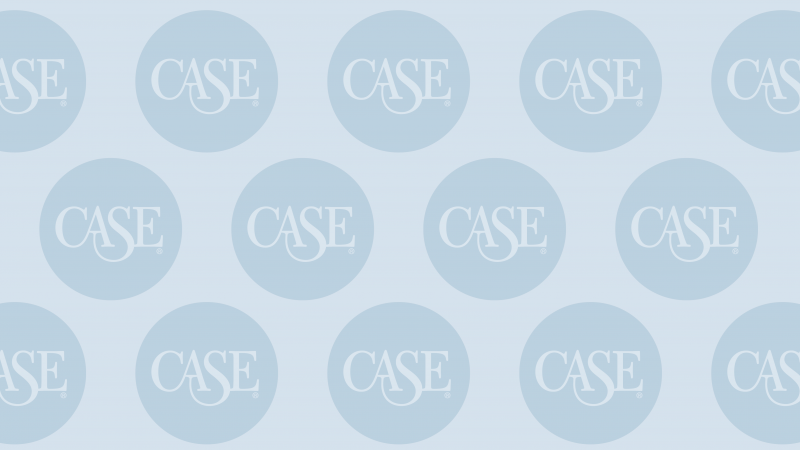IRA Charitable Rollover
The IRA charitable rollover allows taxpayers to make tax-free charitable gifts directly from their Individual Retirement Accounts to eligible charities, including colleges, universities and independent schools.
Currently, the provision:
- Caps qualified charitable IRA distributions at $100,000 per person per year,
- Precludes the funding of gift annuities and similar life income plans and
- Applies only to donors age 70½ or older.
The provision was permanently extended on Dec. 18, 2015.
Important note: The following overview of the IRA rollover provision is designed to provide advancement professionals with a general understanding of the law and should not be construed as legal, accounting, tax or other professional advice.
Overview of IRA Charitable Rollover
Legislative and Regulatory Issues on the IRA Charitable Rollover
Taxpayers who want to make charitable contributions of traditional IRA assets can suffer negative tax consequences. If IRA funds are transferred directly to a public charity, the donor has to report the IRA gift as ordinary income, taxable at regular rates. Donors can offset the increase in taxable income in part by claiming charitable deductions. This, however, poses several problems for would-be donors:
- Taxpayers can claim only charitable deductions equal to 50 percent of their income in a given year,
- The value of possible itemized deductions can be further reduced by limits on itemized deductions for higher-income taxpayers and
- Increases in federal adjusted gross income can increase state tax liabilities and in some cases cause more of their Social Security income to be taxed.
Now, as a result of the Tax Cuts and Jobs Act of 2017, only approximately 11 percent of American taxpayers will itemize their tax returns.
The IRA charitable rollover allows eligible donors to exclude up to $100,000 per year in IRA gifts from their ordinary taxable income, removing these negative tax consequences. An expansion such as this would allow middle-income seniors who are no longer itemizers to avoid the negative tax consequences and make tax-free gifts to charities, including colleges, universities and independent schools.
CASE Position
CASE supports the expansion of the IRA charitable rollover.
As such, CASE supports the Legacy IRA Act of 2019 (S. 1257/H.R. 3832 ). This legislation would expand the IRA Charitable Rollover to seniors beginning at age 65, allowing them to make charitable donations with tax-free IRA rollovers through life-income plans such as charitable gift annuity or charitable remainder trust.
CASE is working with other organizations in the charitable sector to build support for expansion of the IRA Charitable Rollover.
Resources
- Legacy IRA Act of 2019 - Senate Version (S. 1257)
- Legacy IRA Act of 2019 - House Version (H.R. 3832)
- Talking Points on the Legacy IRA Act
- CHARITY Act of 2019 Summary of Provisions, Office of Senator Thune, May 2019
- About the IRA Charitable Rollover, Urban-Brookings Tax Policy Center, August 2012
- IRS Notice 2007-7 provides guidance on several provisions of the Pension Protection Act. Section IX (pages 13–16) answers frequently asked questions relating to the IRA charitable rollover. Among other points, the IRS guidance clarifies that checks may be delivered to a charity by the IRA holder as long as the checks are made payable to an eligible charity.
- For further information on the PPA, see the Joint Committee on Taxation's (JCT) technical explanation of the Act. Scroll to pages 263–66 for information on the IRA rollover provision.
- The Sharpe Group has published an explanation of the IRA charitable rollover provision and its application for various donor segments.
- The Council on Foundations' analyses of the PPA.
Back to U.S. Advocacy & Policy Resources








